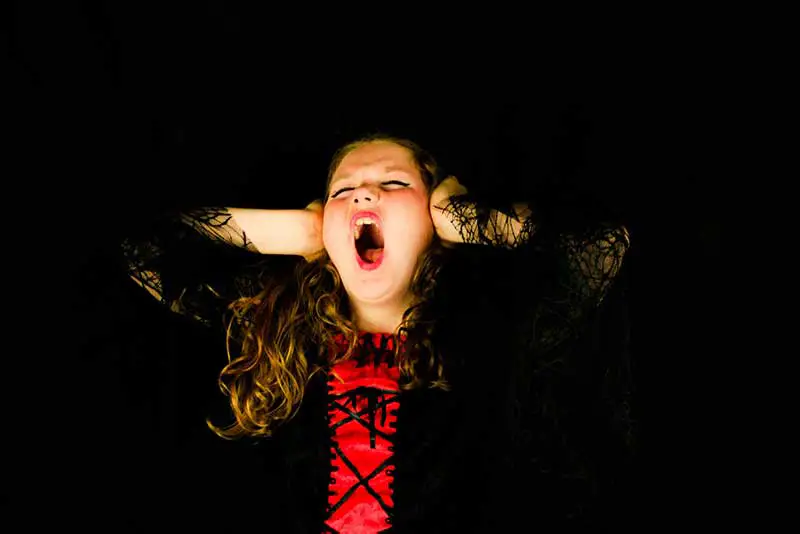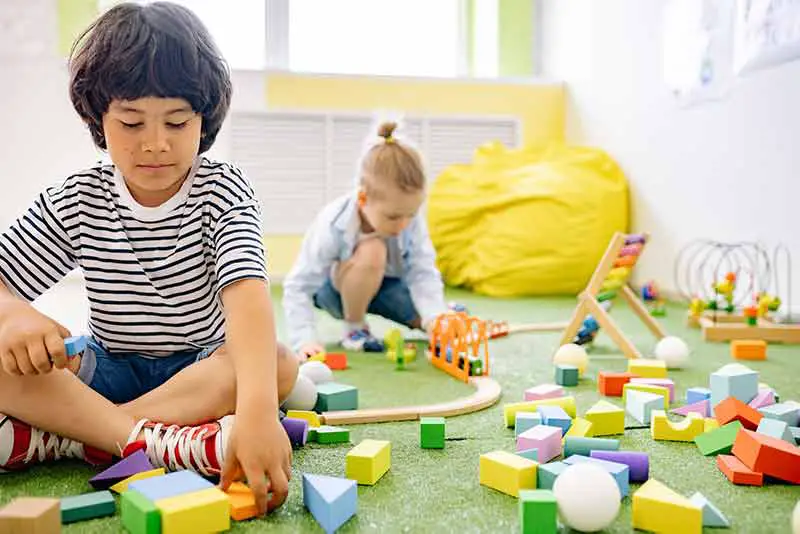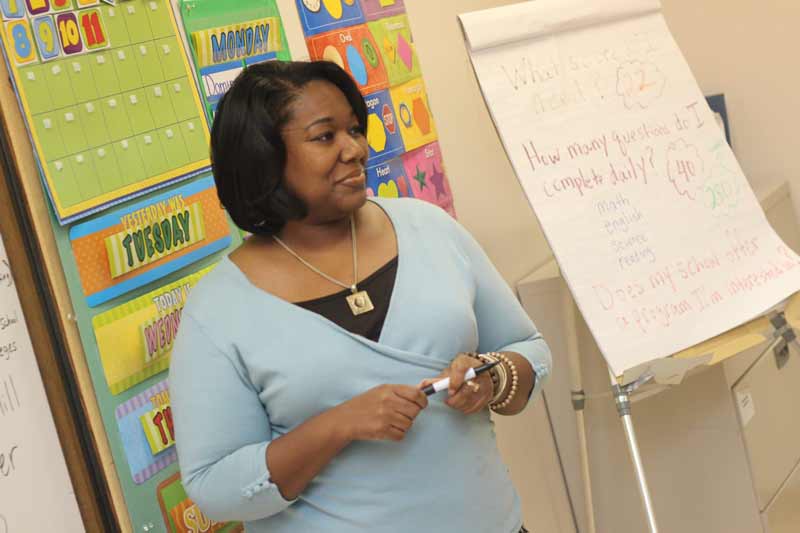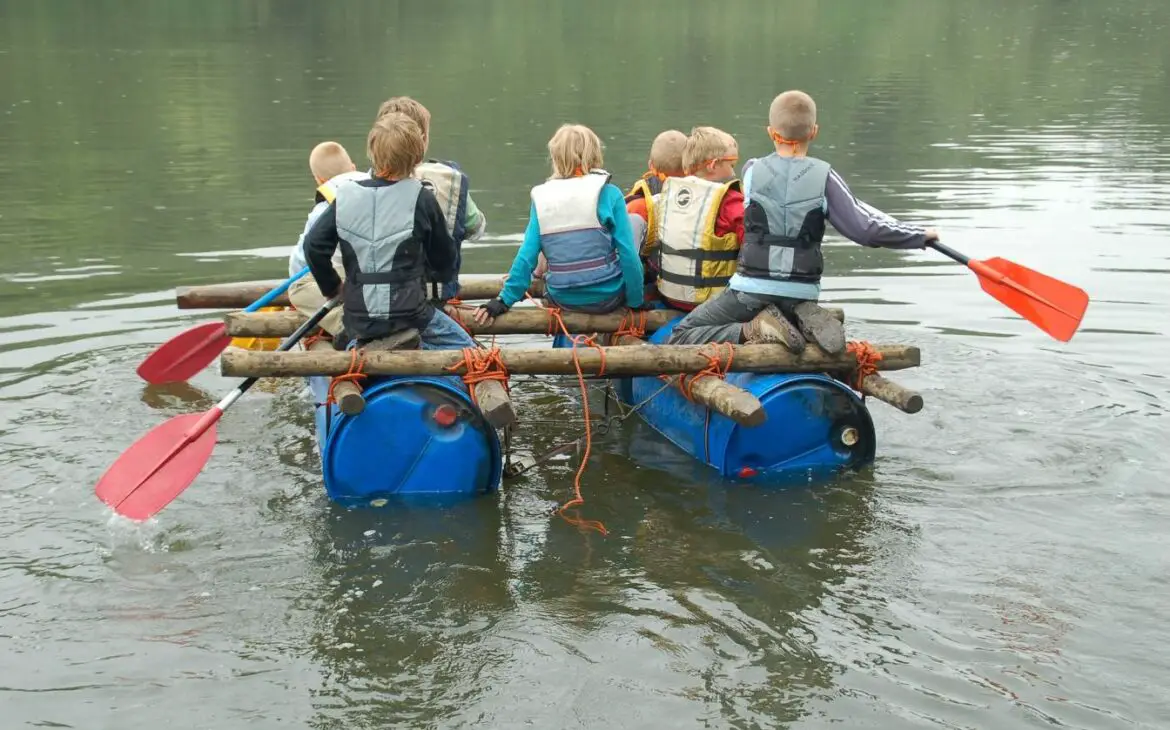Challenging Behaviors In Early Childhood – Facts And Hints
Children are a priceless gift sent by God to this world. They are the whole world of parents. So, they do not expect challenging behaviors in early childhood of their children. But, we can see that many children display challenging or destructive behaviors and actions at this stage.
Therefore, it is very important to study those behaviors of children to reduce them. If not, it will create big troubles in the future. So, this article is all about the challenging behaviors and reactions of children in their early childhood.
What are the challenging behaviors in early childhood? Biting, hitting, screaming, etc are some of them. There are many reasons like; lack of rules, negative reinforcement, seeking attention, etc., for that. So, you should not blame or yell at your child as soon as you notice that. First, try to understand the real reason and then take steps to reduce it. There, you can; set boundaries for your child, develop self-control, teach model behaviors, etc. Then he will gradually decrease the challenging behaviors.
Accordingly, in this article, I have covered what the challenging behaviors of children in early childhood are, what are the reasons to come out with destructive behaviors, tips to reduce those behaviors of children, and finally, I have given you an idea about what you should not do when your child comes out with behavioral issues.
Let’s get started!
Table of Contents
What are the challenging behaviors of children in their early childhood?
Childhood lays the foundation for the career of a person. If anyone learns good things in childhood, he will continue them throughout their lives. It is the same for the bad things also.
If anyone practices bad behaviors in childhood, he will continue those bad behaviors throughout their lives. So, it is important to identify the challenging behaviors in early childhood to take them on the correct path. Accordingly, here let’s identify those behavioral issues.
Challenging behaviors can be simply defined as behaviors that are not accepted or difficult to accept by society.
When children display those behaviors, they will be neglected by society and even by their peers. It can be harmful to their mentality.
So, this is not a simple issue; you should pay full attention to the behaviors of children in early childhood.
There are some common challenging and destructive behaviors of children like;
- Biting
- Screaming
- Potty talk
- Hitting
- Getting angry
- Breaking goods
Most of the children are unaware of understanding their feelings and expressing them correctly. Especially when they get angry, they will show most of the above-mentioned situations.
So, both preschool teachers and parents have a big responsibility to address these behaviors. Make sure not to label any child based on their behaviors. First, identify their challenging behaviors and then find the reasons behind them.
What are the reasons for the challenging behaviors of children in their early childhood?
Before going to stop the challenging behavioral issues in early childhood, you should understand the real reasons behind them.
Then, you can successfully reduce those behaviors of children; if not, it will be a big challenge for you, and sometimes you will not be successful in reducing those behaviors.
So, here, let’s discuss some common reasons behind the challenging and destructive behaviors of children in their early childhood.
1. Lack of consistent rules
It is important to impose rules in early childhood to make children understand their boundaries.
And do not change them from time to time which will destroy their confidence in rules imposed by you. So, the lack of such consistent rules can be a reason for the challenging behaviors of your child.
2. Neglecting the behavioral issues of children
Some parents neglect the challenging behaviors of children due to various reasons like; their busyness, lack of understanding to address a problem, thinking that the specific behaviors are normal for their age, etc.
But, as parents, you should consider all the behaviors of your children; if not, they will be a reason to continue their destructive behaviors for the future.
3. Negative reinforcement
It is not a secret that punishments, blaming, etc., are traditional ways of addressing the challenging behaviors of children. But it does not fit all the situations.
Sometimes, instead of decreasing, your punishment can increase the behavioral issues of your child. So, negative reinforcement is not good.
4. Seeking the attention
Children always like to have your attention towards them. So, if they notice that you lost your attention towards them, they will do anything to have it.
Accordingly, their challenging behavior may be a result of their attention-seeking.
5. Lack of mental stimulation
In front of the competitive world, all are running a race where we do not find a destination. Parents have involved their children also for this race. But, remember that it is an extra burden for them.
Have you noticed that some parents try to seek tuition classes for their 4 years old child? Then, when do they play and relax their minds? Mental stimulation is very important for children. If not, they will come out with challenging behaviors.
Tips to reduce the challenging and destructive behaviors of children?
The challenging behaviors of children will be a problem not only for them but also for the outsiders, including you. Society decides the family background, the qualities, and everything of anyone by looking at their behaviors.
Therefore, it is very important to create a well-behaved child for society. But, if your child comes out with behavioral issues even in early childhood, it will be difficult.
So, you should take steps to stop the challenging and destructive behaviors in early childhood itself. So, here I will provide you with some tips to do it successfully.
1. Changing the setting
If you notice that your child is acting out, try to engage him in another activity or start to talk about any other thing. Then, they will gradually decrease their loss of control.
It not only stops the challenging behavior of the child but also teaches him to control himself while encouraging him in another new activity.
But, do not forget to convey the reason for changing the setting of the child because; it is important for him to understand his boundaries.
2. Respond calmly
This is one of the successful methods to reduce the behavioral issues of your child. Sometimes, children act out to seek your attention.
So, when you calmly respond to it, he will understand that you love him a lot. And at that moment, you can convey to him that challenging behaviors are not good for a child. It will be more successful than punishing.
3. Teaching alternative behaviors
Here, you can teach your child positive alternative activities. As an example, if your child just takes or bite and takes what he wants from his classmate, it is not good behavior.
There, you can ask him to be more polite when wanting to get something from his classmates. Instead of just talking, ask him to borrow what he wants from his friend.
4. Praise the positive changes of the children
If your child showed destructive behaviors in the past but not at present, do not forget to praise him.
Make sure to praise the positive changes of your child after he follows what you taught him. It will encourage him to reduce his behavioral issues and engage in more good behaviors.
5. Impose consistent rules
If you change your rules from time to time, it will be a reason to lose the confidence of your child in both you and your rules. So, do not change them after creating.
And, creating rules is not enough; you have to enforce them to have the maximum results.
What should you not do when your child shows challenging behaviors?
When addressing the challenging and destructive behaviors in early childhood, you should have a clear understanding of what you should not do because you are dealing with small children, and your single mistake can cause big harm to them.
Therefore, here I will provide you with some details about the things that you should not do when the children are showing challenging behaviors.
1. Do not punish
Punishment is a traditional art of correcting children’s faults. It also works out in some situations but not everywhere, especially in front of small children who are in childhood.
Some children come out with behavioral issues to seek your attention. So, if you punish them in such a situation, for sure, they will be more destructive.
So, do not always find solutions through the punishments.
2. Blaming, shouting, and shaming
Some parents shout at their children even during their childhood. It is not good for their mentality. Do not forget that they are still small children; you can’t treat them as adults.
As an example, if you blame your child in front of the public, it is a shame for them no matter what their age is, they feel sorry for themselves.
Then, they will be more destructive than showing challenging behaviors.
3. Isolating as a punishment
This is not commonly seen, but some parents isolate children for some hours as a punishment for their destructive behaviors. But, remember that it will cause them to come out with more aggressive behaviors next time.
And, it is a big harm for their mentality. They are still small children. So, do not go to such big punishments.
Conclusion – Challenging and destructive behaviors in early childhood
We have discussed; challenging behavioral issues in early childhood in more detail. I think this article will work out for all parents who have small children as I have covered some important areas like; what are the challenging and destructive behaviors in early childhood, what are the reasons to come out with those behaviors, tips to reduce the behavioral issues of children, and finally, I have given you an idea about what you should not do when your child comes out with challenging behaviors.
Challenging and destructive behaviors are common to many children within their childhood. There, they will engage in activities like; biting, hitting, potty talking, etc. But, there will be many reasons behind them.
So, as parents, you should first understand the reasons for those behaviors of your child. Lack of consistent rules, neglecting those behaviors of children, negative reinforcement, seeking attention, etc., are some of the common reasons behind their destructive behaviors.
But, you can reduce them by; changing the setting, responding calmly, teaching alternative behaviors, etc. And make sure not to; punish, blame, shout and isolate children as a punishment. By following these steps, you can reduce the challenging behaviors of your child and have a well-mannered child.
Thank you for reading this post. Stay tuned with Edu Nursery for more valuable content.







